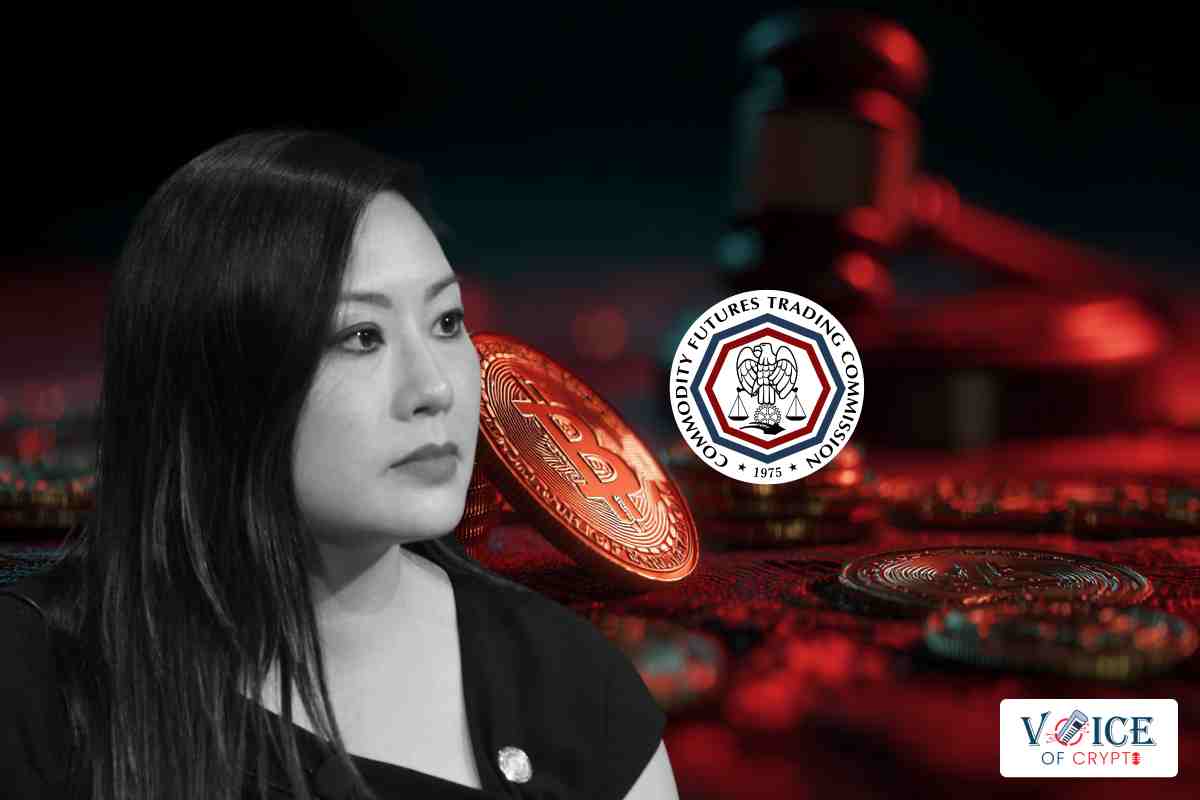Key Insights
- China is in the middle of a slowing economy, and local governments are reportedly selling crypto holdings quietly.
- China banned crypto trading and mining years ago, over concerns about financial stability and capital flight.
- At the time of writing, China reportedly holds around 194,000 BTC (worth approximately $16 billion) and is second only to the US.
- In response to the confusion, legal and financial experts are proposing that the People’s Bank of China establish a strategic crypto reserve.
- Overall, China needs clear policies on how to handle digital assets and move along with the rest of the world or risk getting left behind.
China is battling a slowing economy as well as rising fiscal pressure.
Because of this, local governments are reportedly turning towards an interesting source of funding.
Per reports, the Chinese government is now selling seized cryptocurrency, despite the country having a ban on crypto trading in place.
The Chinese government is reportedly going around its own rules and quietly offloading large amounts of crypto through private firms.
What has been happening in China so far, and what are the legal concerns being raised?
The Crypto Problem in China
For some context, China banned crypto trading (and even mining years ago).
At the time, the Chinese government cited concerns about financial stability and capital flight, not to mention fraud.
Despite this ban, enforcement has been hard for the east-Asian country, and crypto-related crimes continue to thrive.
Everything from online scams to illegal gambling and money laundering has taken center stage within the country.
So far, this has been good for China, because it allowed its government to seize large amounts of crypto when malicious actors get caught.
By the end of 2023, the Chinese government reportedly held around 15,000 Bitcoin, worth around $1.4 billion at the time.
At the time of writing, China reportedly holds around 194,000 BTC (worth approximately $16 billion).
According to data from Bitbo, such a large Bitcoin stash makes it the second-largest Bitcoin holder in the world after the United States.
However, unlike the United States, China has no clear policy on how to handle seized crypto.
This issue has led to local officials taking matters into their own hands.
Selling Through the Side Door
Instead of storing these assets indefinitely, like the US plans to do, or turning them over to the central government, local authorities are now reportedly selling the crypto holdings via offshore markets.
This serves as a workaround of sorts since crypto trading is banned within the country.
According to court documents and transaction records highlighted by Reuters, several local governments have now entered partnerships with firms like Jiafenxiang, which is a Shenzhen-based tech company.
Reuters notes that Jiafenxiang has reportedly sold over 3 billion yuan (roughly $414 million) worth of digital assets since 2018 on behalf of cities like Xuzhou, Hua’an, and Taizhou.
This “liquidate through the backdoor” strategy from China has helped governments convert their seized assets into fiat and support their budgets.
As the local coffers dry up due to the macroeconomic issues that China currently faces, the incentive to sell this crypto continues to pile up, leading to more and more sales.
There Are Now Calls for a National Crypto Reserve
In response to the confusion as to how to handle crypto within China, legal and financial experts are proposing something interesting.
According to Reuters, Shenzhen-based lawyer Guo Zhihao recently floated the idea that the People’s Bank of China should take over the responsibility of managing seized crypto.
He proposed that the Chinese government should either consider selling the assets overseas in a regulated environment or establish a digital asset reserve like the US has done.
This idea has gained some traction within the crypto community, especially as the tariff war rages on.
According to experts, holding on to Bitcoin would give China a strategic advantage over other countries, similar to Donald Trump’s moves in the US.
Some have even proposed the creation of a crypto sovereign wealth fund based in Hong Kong.
Crypto trading is illegal in Hong Kong, which would be the perfect environment for China to preserve the value of its seized assets without having to break its own rules.
Overall, whether or not China continues to condone these quiet crypto sales, the use of these assets by such a large government shows an even bigger problem.
China needs clear policies on how to handle digital assets, and move along with the rest of the world or risk getting left behind.
Disclaimer: Voice of Crypto aims to deliver accurate and up-to-date information, but it will not be responsible for any missing facts or inaccurate information. Cryptocurrencies are highly volatile financial assets, so research and make your own financial decisions.









